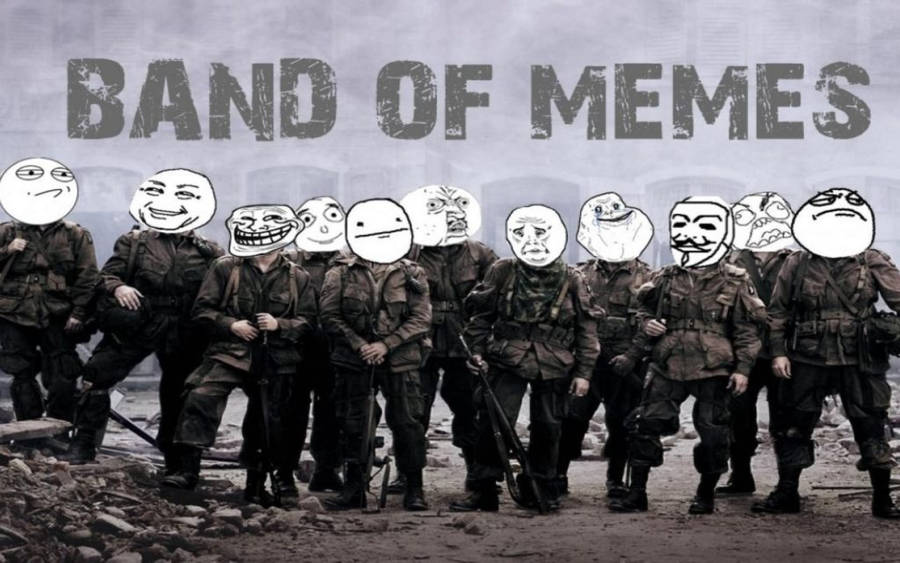Today, the new errata dropped. There
will be much talk in the days to come on the effect that it will have
to the game, which is not what is prompting this post. Rather, there
is the unfortunate effect that the errata dropped after lists were
locked in for the World Team Championship (WTC).
As someone on the local meta GroupMe
feed posted, “This only affects like 200 players.” There was
also the statement of, “Elite players can adapt in the two months
where some players will quit without the changes.” In light of my
last post, I think it's important to look at the role of high-level
competitive play and how it affects the rest of us.
Let us look at NASCAR. Large amounts
of money are spent by a fraction of the population to build “stock”
cars capable of high-performance. Followers of the races, casual
hot-rodders if you will, purchase parts that were either used in a
racing vehicle or built to such specification. Perhaps they buy a
slightly less costly part based on either a previous racing
specification or made with lesser materials. Others look for parts
and accessories stamped with “the official [wiper-blade/motor
oil/spark plug/etc] of NASCAR.”
Take a casual tour of any competitive
“sport.” Fans and aficionados follow their favorite elites
whether they are athletes, musicians, or artists. To improve their
own skills and abilities, they try to establish a similar home rig so
that their skills might be compared on a equal basis or hints might
not have to be translated to different materials.
For instance, I play a variation of
Keith Christiansen's epic Caine list that he took to Warmachine
Weekend a few years back. Instead of working my way slowly through a
bunch of models to come to an ideal place, I jump-started with a
known quantity. I am also able to watch video of Keith playing that
list to get hints on how to play it effectively. My play improves by
piggy-backing on the work of others.
If they were to dramatically shift
Caine's feet just before a tournament, then it is likely that a
player like Keith might not do as well. All the hours of practice he
put in will work against his tournament performance.
Well, in the case of the WTC, they have
two weeks to adjust, right? Sure. They have to mentally incorporate
how the new errata affects their lists. There is also how their
lists work within the framework of their team. If someone's
Denegerah pairing was intended for a certain list, then can it still
handle that list? Will team captains also have to learn how the
errata affects their team?
The WTC might also decide to disregard
the errata. That would be great on one level, but bad on another.
Every player that a WTC player played against would have to disregard
the errata as well. This might harm their performance in tournaments
as they have not incorporated the errata into their play. Just
consider every time that you have played and had a rules interaction
come up that affected you negatively. This is something that might
happen to an upsetting degree.
I diverged. This is only 200 players
that we are talking about. Perhaps just a percentage of a percent of
the Warmachine and Hordes community make up their numbers. Then
there are those that were not able to make it on a team, who want to
see those who represent their meta do well. Add those who want to
see personalities that they like or their national teams. Then there
are the players who will be following the data, which 'casters
performed better. While you might not follow the WTC, the WTC may
end up being on the other side of the table in the form of a list
your opponent saw played there.
The errata is what it is. There is
nothing that can be done about the timing of its release at this
time. It is unfortunate from how Privateer Press interacts with the
community. While many of the changes in the errata may have been
pondered for years, it none of them affect models that have been in
play for less than a year. Holding the change in reserve until
mid-November, when all the major tournaments are complete would
likely not harm anyone's game. The timing would allow for adding in
changes with the updated Steamroller documented. Everyone can win.
Hopefully, the mantra of slow to change will guide Privateer Press in
the future to best make sure that erratas improve play experience for
everyone.
